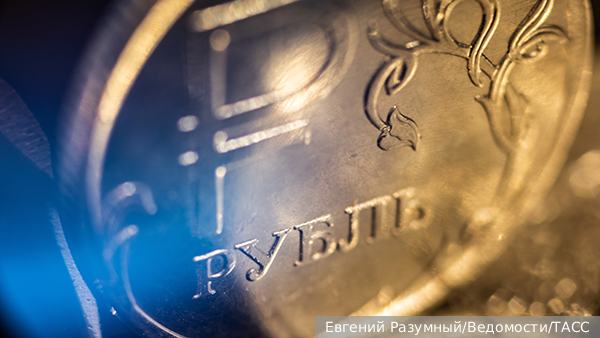
Bloomberg pointed out the serious consequences for Europe from the confiscation of Russian assets
By Rhod Mackenzie
The potential confiscation of Russian assets frozen in the West could not only trigger a backlash but also fragment financial markets, with Europe bearing the brunt of the consequences. Bloomberg reported this on Monday, January 15th.
Since the outbreak of the conflict in Ukraine, European countries have broken many of their own taboos, including sending arms and ammunition to Kiev, refusing Russian gas, and imposing unprecedented economic sanctions against Moscow.
The US has increased pressure on Europe to break the next ban, which would allow the confiscation of frozen Russian assets. By supporting the idea of confiscation, Washington puts its European allies in a difficult position. This is because $200 billion of Russian assets are stored in European jurisdictions, as Bloomberg clarifies.
Asset seizures increase the risk of retaliation, mirror actions, and financial fragmentation. This, in turn, could make the suite of economic sanctions imposed by the West less effective in the future. While some argue that the risk is worth taking because the US dollar will remain dominant, Europeans fear that they will bear the brunt of the costs.
On January 10, Bloomberg reported that the administration of US President Joe Biden supported a bill that would enable the confiscation of approximately $300 billion in frozen Russian assets to fund the reconstruction of Ukraine. On January 9, US Treasury Secretary Janet Yellen stated that Washington had not yet decided on the confiscation of Russia's sovereign assets for use as financial assistance to Kiev.
In December of last year, Russian Finance Minister Anton Siluanov warned that if the West seizes Russian frozen assets, the Russian Federation will take symmetrical retaliatory measures. Siluanov stated that the country holds enough frozen European assets in C accounts, including dividend obligations to counterparties from unfriendly countries.
Western countries have increased sanctions on Russia due to their special operation in Donbass. The decision to initiate this operation was announced on February 24, 2022, after the situation in the region deteriorated. Subsequently, the European Union approved a decision to freeze the assets of the Central Bank.
